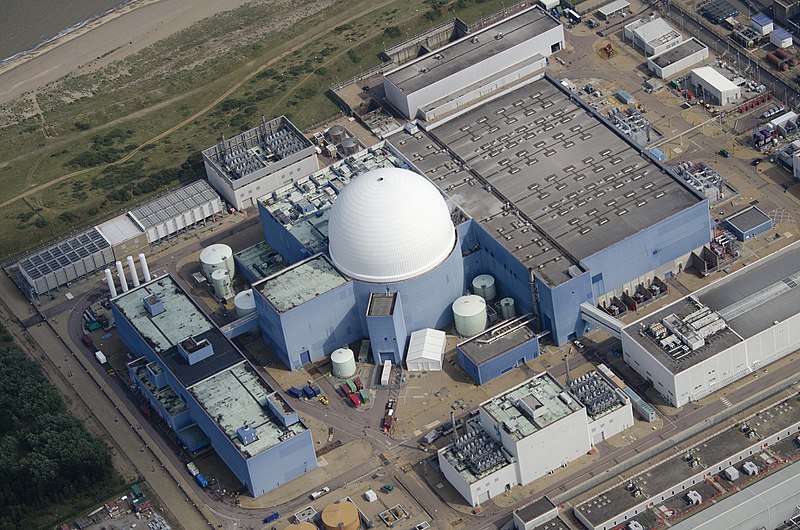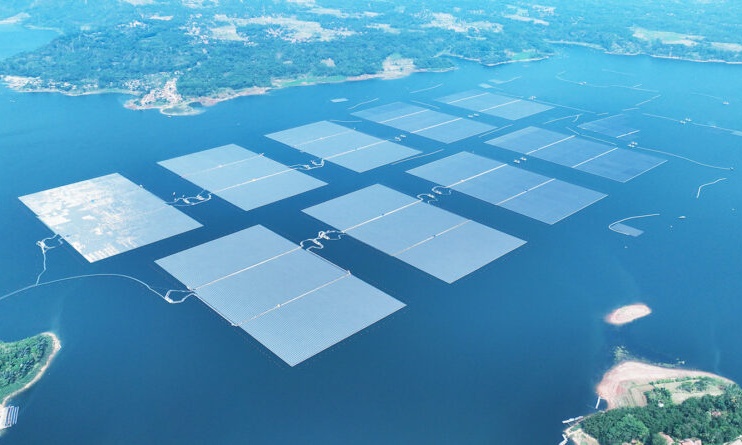December 4 NEC Energy News
¶ “Cop: 22 Countries Pledge To Triple Nuclear Capacity” • The US and 21 other countries have committed to work towards tripling global nuclear energy capacity by 2050, from 2020 levels. The US stressed that financing and high-level political engagement would be needed to deliver on the ambitions to keep global warming well below 2.0°C. [Argus Media]

¶ “Masdar And EDF Sign Major Agreement With Government Of The Kyrgyz Republic To Develop Up To 3.6 GW Of Hydropower And Renewable Projects” • Masdar and EDF igned an agreement with the Ministry of Energy of the Kyrgyz Republic to explore the development of hydropower and renewable projects with a combined capacity of up to 3.6 GW. [PR Newswire]
¶ “Indonesia Eyes ‘Phenomenal’ Geothermal Power Potential” • Indonesia is home to 40% of global geothermal resources and is keen to harvest energy from the Earth’s crust. But experts do not agree about whether the industry will be able to hit its ambitious goals to generate large amounts of energy given the costs and lack of incentives. [South China Morning Post]
¶ “World’s Largest Floating Solar Power Plant Taking Shape On Hydropower Plant” • The plans for the world’s largest floating solar power plant show how quickly the floating solar field can grow. The project is to expand an existing 145-MW floating solar array at the Cirata hydropower reservoir in West Java, Indonesia, to reach up to 500 MW. [CleanTechnica]

¶ “GM Expects Its Electric Vehicles To Become Profitable In 2025” • When GM chief financial officer Paul Jacobson spoke to analysts at a Barclays conference, he admitted the company had not found the pace it had expected to meet its EV making goals. Nevertheless, he expressed confidence that GM’s EVs would be profitable in 2025. [CleanTechnica]
¶ “An IRA Grant Could Help Low-Income Residents In New Hampshire Go Solar” • The New Hampshire DOE requested a $70 million federal grant to expand community solar programs for low-income residents. Such an infusion of funds could lower energy bills, accelerate decarbonization, and even catalyze affordable housing. [Canary Media]
For more news, please visit geoharvey – Daily News about Energy and Climate Change.
